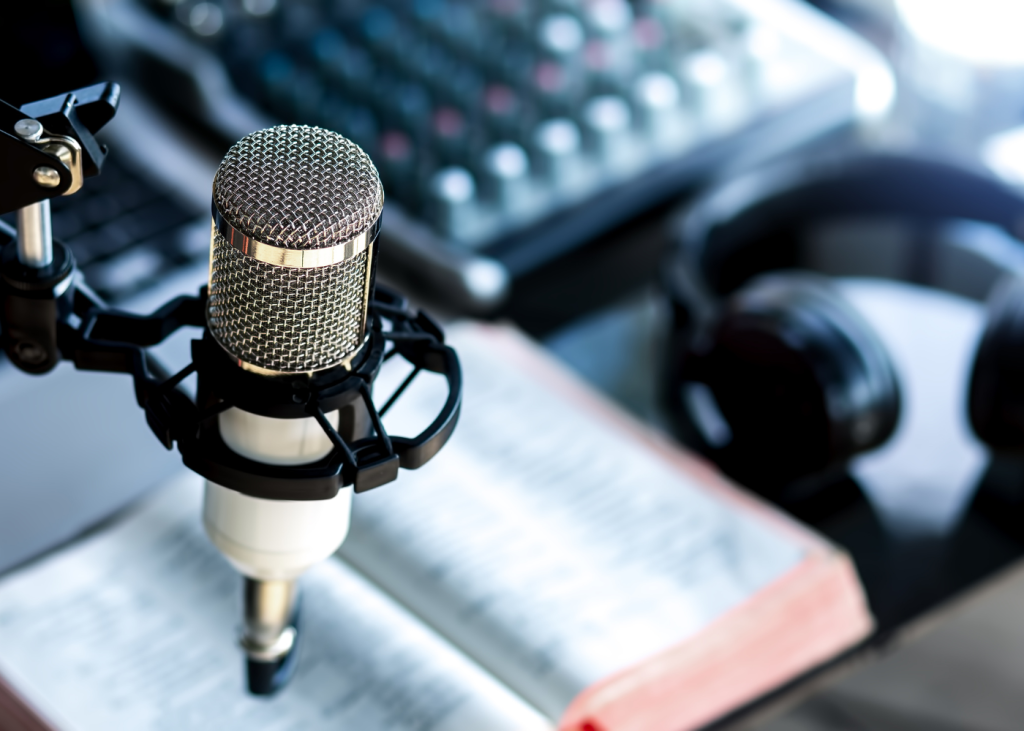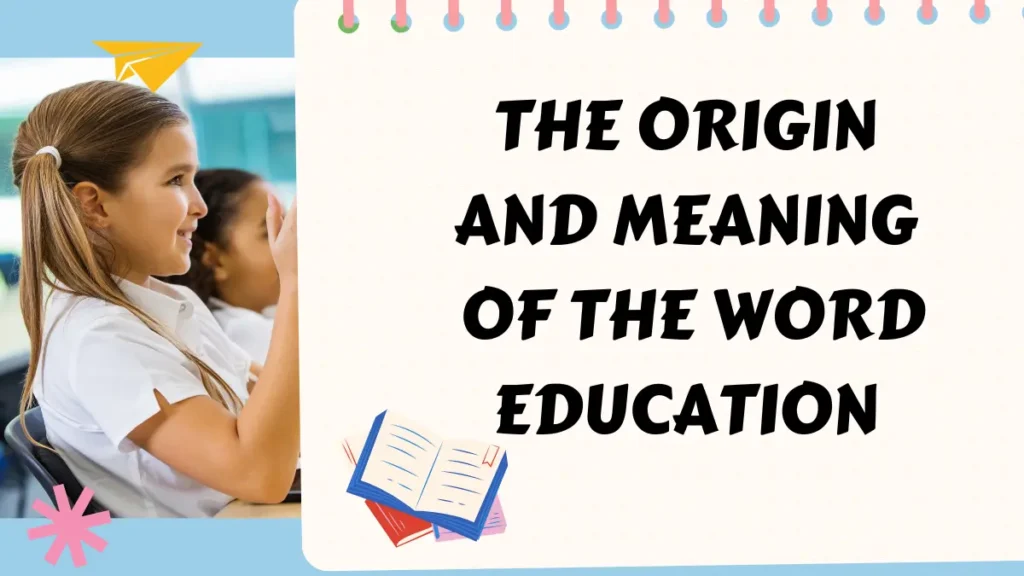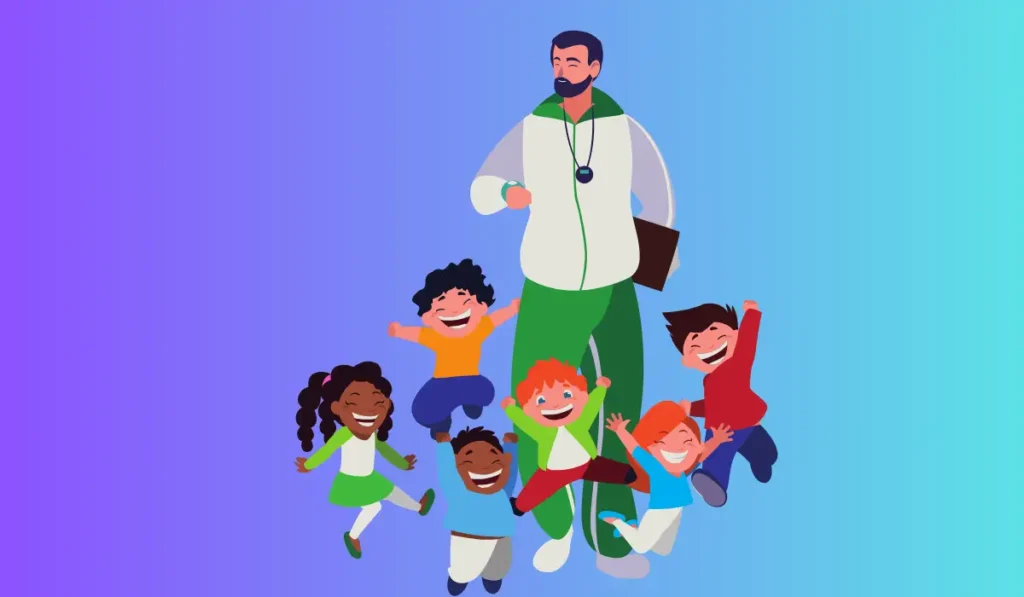Language learning has evolved significantly in the past decade, with traditional classroom methods giving way to more interactive and engaging approaches. Among these, audiovisual learning through music and podcasts has emerged as a powerful tool for mastering a new language.
These mediums blend auditory and verbal elements, which are not only enjoyable but also deeply effective in improving comprehension, pronunciation, vocabulary acquisition, and cultural understanding.
One platform that harnesses the power of audiovisual learning is Lingopie. It offers music and podcasts in selected languages, providing a new and dynamic way to learn languages.
In this article, we will explore how music and podcasts are key to language mastery and why they should be part of every learner’s toolkit.
The Science Behind Audiovisual Learning
Before diving into the benefits of music and podcasts, it’s important to understand why audiovisual learning is so effective.
The brain processes different types of information through various channels, and the combination of auditory and visual stimuli has been proven to enhance retention and understanding. This is known as the “dual coding theory,” which posits that we process and store information better when it’s presented in both verbal and non-verbal formats.
When learners listen to music or podcasts, they engage both auditory (hearing) and verbal (language) pathways, creating a more holistic and immersive learning experience.
Additionally, listening to a new language through music and podcasts taps into procedural memory—used for skills and tasks that are automatic, such as speaking or riding a bike—making language learning more intuitive. By repeating words, phrases, and grammar structures through songs or podcast episodes, learners can more effectively “absorb” the language over time.
Music as a Tool for Language Learning
Music has always been a universal medium of expression, transcending cultural and linguistic barriers. For language learners, songs offer a unique opportunity to hear the target language in an artistic and natural context.
Here’s how music enhances language learning:
1. Improves Pronunciation and Listening Skills
One of the first challenges of learning a new language is developing correct pronunciation and honing listening skills. Music is an ideal way to address both.
Songs typically feature clear enunciation and a repetitive rhythm, making it easier for learners to imitate pronunciation patterns. Furthermore, listening to music allows learners to familiarize themselves with the natural rhythm, intonation, and cadence of the language, which is crucial for achieving fluency.
For example, learners of Spanish can benefit from listening to artists like Shakira or Luis Fonsi, whose lyrics are filled with colloquial expressions and regional accents. By singing along, learners practice mimicking the sounds, thus improving their pronunciation.
2. Expands Vocabulary in a Fun Way
Memorizing vocabulary from a textbook can be tedious. However, learning new words through music can make the process much more enjoyable and memorable.
Songs often introduce words and phrases in thematic contexts, which makes it easier for learners to understand and recall vocabulary. Learners can look up the lyrics and translate them, helping to connect new words with their meanings.
Moreover, music often includes idiomatic expressions, slang, and cultural references, providing learners with practical language they might not encounter in formal lessons. This not only expands their vocabulary but also helps them understand the nuances of the language.
3. Boosts Retention Through Repetition
The repetitive nature of music is one of its greatest assets when it comes to language learning. Repetition is key to mastering a language, and music provides a natural and enjoyable form of repetition. By listening to the same song multiple times, learners are exposed to recurring words and phrases, helping to reinforce their understanding.
Take nursery rhymes as an example. These simple, repetitive songs help young children remember basic words and phrases, making them an excellent learning tool for beginners in any language. The same principle applies to more complex music: repeated exposure reinforces vocabulary and grammar structures.
4. Increases Cultural Awareness
Language is deeply tied to culture, and music offers a window into the cultural context of the language being learned. Through music, learners can gain insights into the history, values, and traditions of the people who speak the language. This cultural understanding is vital for achieving true fluency, as it allows learners to comprehend not only the language itself but also the social and cultural nuances that shape communication.
For instance, Italian learners might listen to opera or traditional folk songs to gain a better appreciation of Italian culture and history. Similarly, French learners might explore the works of contemporary French artists like Stromae to understand modern French society.
Podcasts as a Language Learning Tool
Podcasts have exploded in popularity over the past few years and for good reason. They are an incredibly versatile learning tool, offering a wide range of topics and formats that cater to all levels of language learners.
Here’s why podcasts are a key component of language mastery:
1. Authentic Language Exposure
One of the greatest advantages of podcasts is that they provide learners with exposure to authentic language. Unlike traditional learning resources, which may simplify or modify the language, podcasts present the language as it’s spoken in real life. This is crucial for learners aiming to achieve fluency, as it helps them get used to the pace, tone, and complexity of the language as it is used by native speakers.
Podcasts offer conversations on diverse topics—from current events to science, history, and entertainment—allowing learners to choose subjects that interest them. This level of engagement enhances learning by making the content relevant and relatable.
2. Focus on Listening Comprehension
Listening comprehension is one of the hardest skills to master in a new language, yet it’s one of the most important for effective communication. Podcasts are an excellent tool for improving listening skills, as they require learners to follow along with real-time conversations. Unlike music, which often follows a structured pattern, podcasts mimic the natural flow of dialogue, helping learners get accustomed to the unpredictable nature of spoken language.
There are also language-specific podcasts designed to teach languages, such as Coffee Break Spanish or News in Slow French, which focus on slowly narrated content, making it easier for beginners to follow along.
3. Passive Learning Through Multitasking
One of the greatest benefits of podcasts is their convenience. Learners can listen to podcasts while commuting, exercising, or doing household chores, making language learning a part of their daily routine. This kind of passive learning, where the learner is absorbing language content without actively studying, allows for greater immersion and exposure without dedicating extra time.
Furthermore, many podcasts are available in bite-sized episodes, making it easy to fit language learning into even the busiest schedule. This flexibility can be a game-changer for learners who may struggle to find time for more traditional study methods.
4. Customization and Flexibility
With thousands of podcasts available across various platforms, learners have the flexibility to choose content that aligns with their language level and interests.
Whether you’re a beginner looking for basic language lessons or an advanced learner wanting to keep up with news in the target language, there’s a podcast out there for you.
For example, learners of Japanese can tune into podcasts that focus on anime or Japanese culture, while learners of German can explore podcasts discussing European politics or philosophy. This customization helps keep learners motivated and engaged, as they can explore topics they are genuinely interested in while learning a new language.
Combining Music and Podcasts for Maximum Impact
While both music and podcasts have their own strengths, combining them can create a well-rounded and highly effective language-learning routine.
Music can be used to improve pronunciation and introduce vocabulary in a fun and engaging way, while podcasts can deepen listening comprehension and provide authentic language exposure.
A sample weekly routine might look like this:
Monday to Wednesday: Start your day by listening to a podcast episode in the target language during your commute, focusing on listening comprehension.
Thursday and Friday: End your day with some music in the target language. Sing along to improve your pronunciation and look up unfamiliar words in the lyrics to expand your vocabulary.
Weekend: Mix it up with a blend of both! Listen to a podcast while exercising in the morning, and enjoy some music in the evening.
This combination not only makes language learning enjoyable but also engages different aspects of the language-learning process, maximizing retention and fluency.
The Bottom Line
The power of audiovisual learning through music and podcasts cannot be underestimated. Music provides a fun and effective way to improve pronunciation, expand vocabulary, and learn about the culture behind the language.
Podcasts, on the other hand, offer an unparalleled opportunity for authentic language exposure, improving listening comprehension, and learning on the go.
Together, they form a dynamic duo that can significantly accelerate language mastery, making the process both enjoyable and effective. Whether you’re a beginner or an advanced learner, incorporating music and podcasts into your language learning routine can lead to more engaging and successful outcomes.


